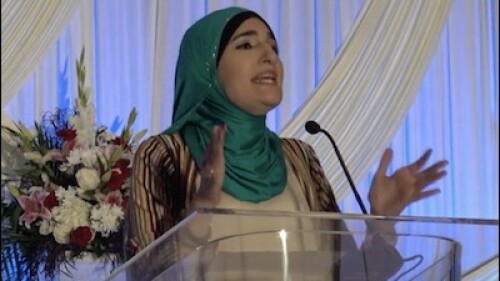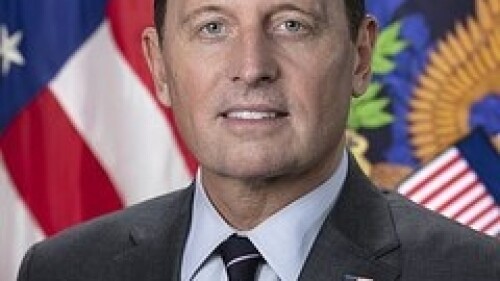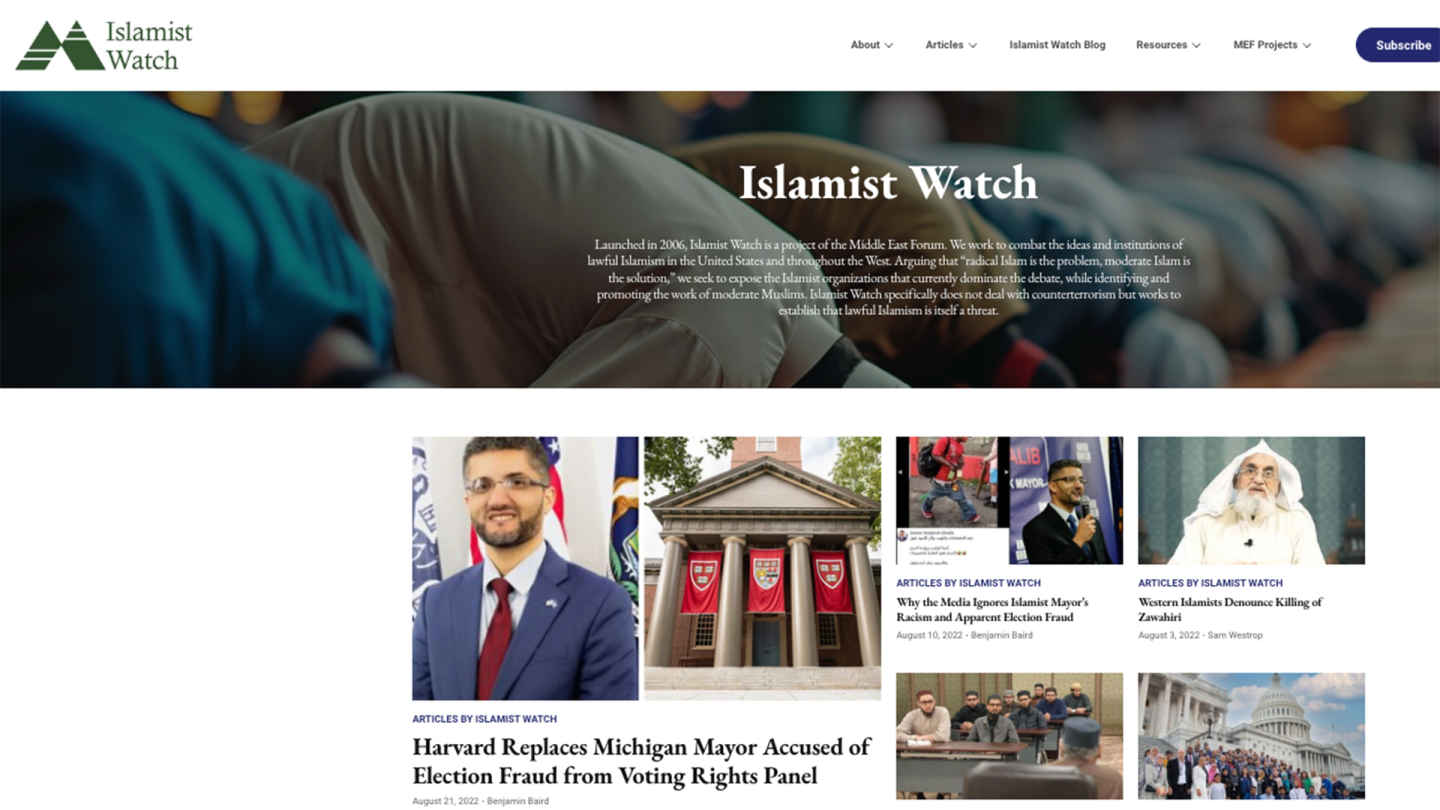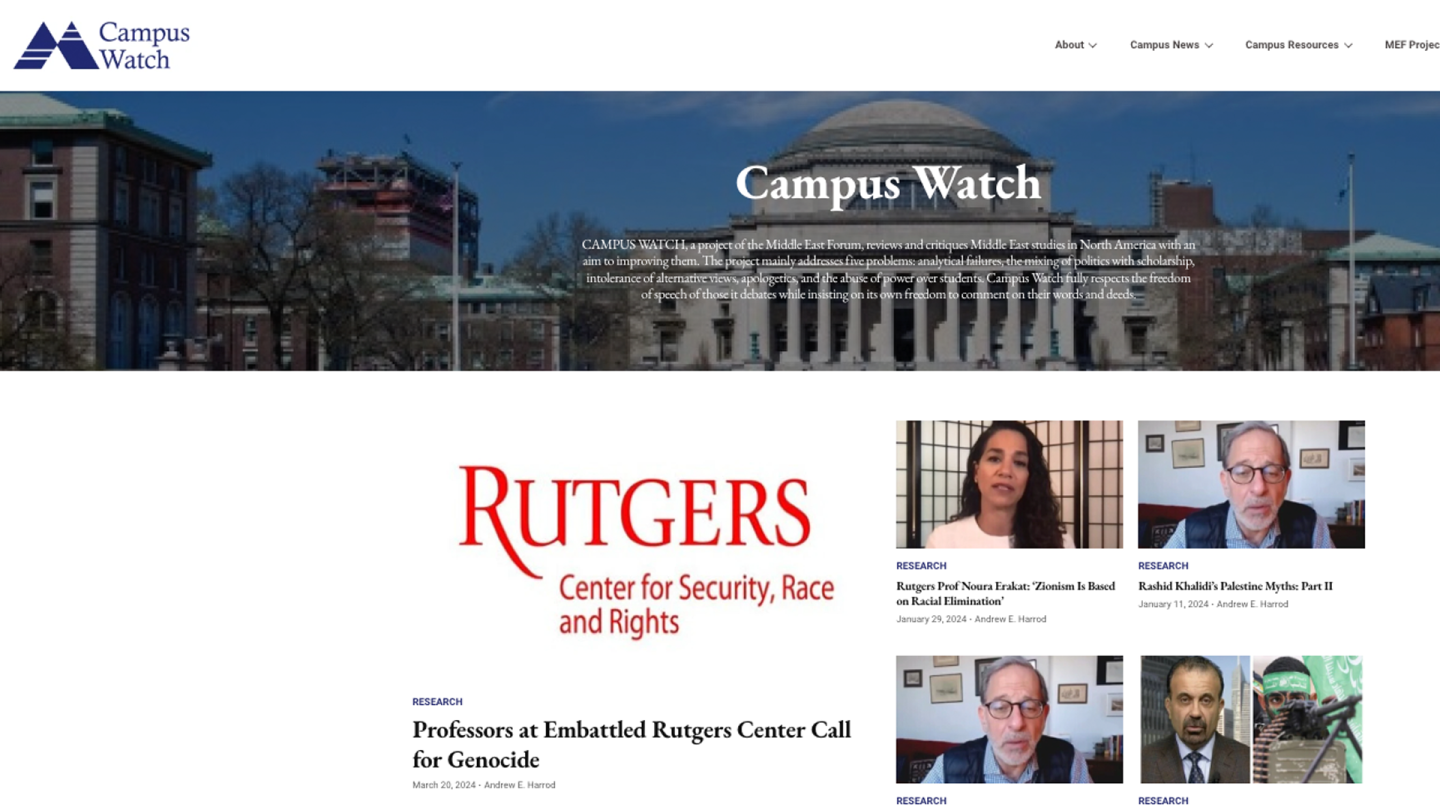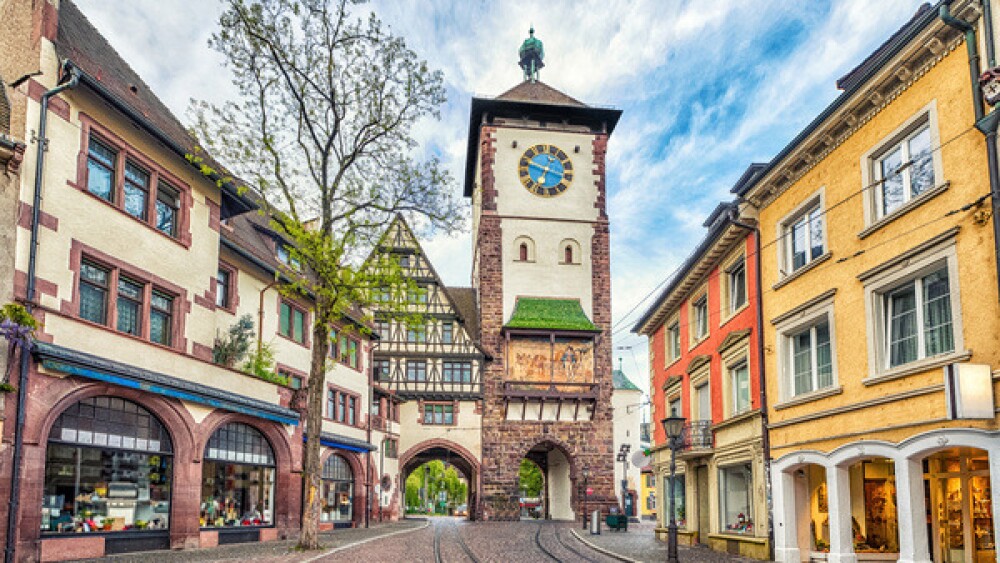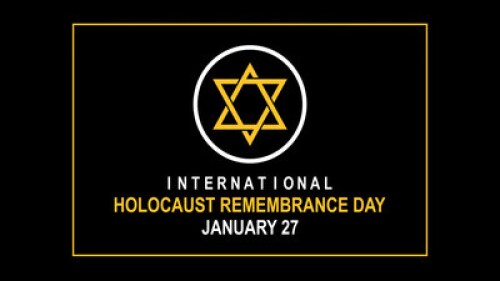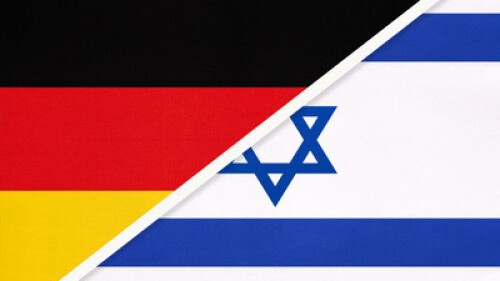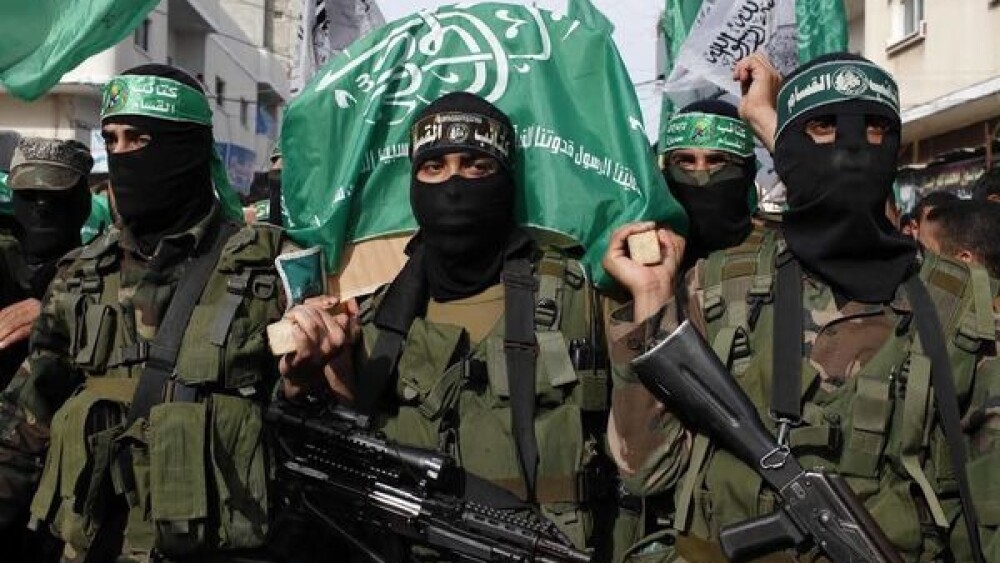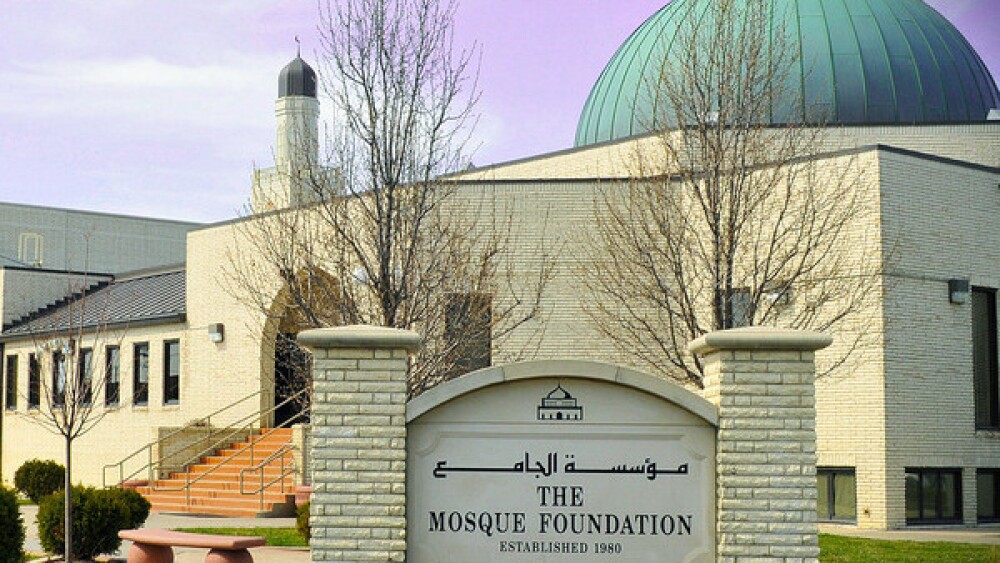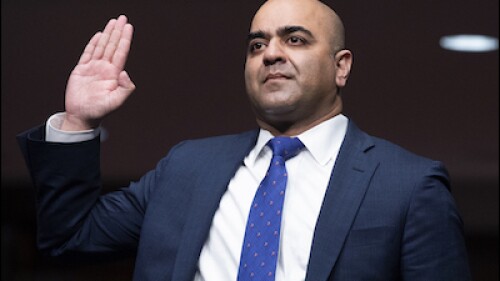The Islamic Republic May Be Standing on Ground as Unstable as the Regimes It Once Helped to Topple
Obama Adm. Officials Scorned Him, and Years Went by Without an Israeli Attack on Iran’s Nuclear Program. But Oct. 7 Changed Israel and Its Leader, and the Writing Was on the Wall
Hezbollah Simply Does Not Have the Capability to Take on Israel in Another Full-Blown Confrontation
CAGE Invokes Free Speech to Allow Open Support for Terror Organization
The Attack on Bank Sepah Could Deepen the Sense of Disarray Within the Revolutionary Guard’s Rank and File
Ankara Is Actively Orchestrating to Turn NATO’s Internal Diversity Into a Political Weapon Against the Jewish State
The MEK Claimed to Be Iran’s Most Popular Movement and Said They Were the Real Deal, but There Were Red Flags
Iranian Leaders Can Bluster, but There Is Little Risk That Iran Can Cause a Global Oil Shortage
The Prison in Tehran for Decades Has Been the Top Symbol of the Islamic Republic’s Oppression
Spotlight: Building a New Middle East
It remains to be seen if the peace agreement for Gaza will hold, but it is evident a new power dynamic for the region will emerge from the rubble. How will that play out and who will benefit?
The Palestinian problem will likely continue to fester, but the coalition put together by President Trump to deal with it has a larger goal of regional peace and prosperity. Can the Gulf States, Turkey, Egypt and Israel forge stable relationships and trade goods and services rather than punches?
The Palestinian problem will likely continue to fester, but the coalition put together by President Trump to deal with it has a larger goal of regional peace and prosperity. Can the Gulf States, Turkey, Egypt and Israel forge stable relationships and trade goods and services rather than punches?
Middle East Quarterly - Current Issue
Founded in 1994 by Daniel Pipes, MEQ is the Middle East Forum’s journal intended for both scholars and the educated public. Policymakers, opinion-makers, academics, and journalists write for and read the Quarterly, which is known for exclusive interviews, in-depth historical articles, and book reviews on subjects ranging from archaeology to politics and on countries from Morocco to Iran.
Fall 2025 Volume 32: Number 4
Fall 2025 Volume 32: Number 4
Middle East Forum Observer
Founded in 2024, the Observer provides rapid analysis on leading Middle East developments, from Marrakech to Mashhad and the Bab el-Mandeb to the Black Sea.
Launched in 2006, Islamist Watch is a project of the Middle East Forum. We work to combat the ideas and institutions of lawful Islamism in the United States and throughout the West. Arguing that “radical Islam is the problem, moderate Islam is the solution,” we seek to expose the Islamist organizations that currently dominate the debate, while identifying and promoting the work of moderate Muslims.
CAMPUS WATCH, a project of the Middle East Forum, reviews and critiques Middle East studies in North America with an aim to improving them. The project mainly addresses five problems: analytical failures, the mixing of politics with scholarship, intolerance of alternative views, apologetics, and the abuse of power over students. Campus Watch fully respects the freedom of speech of those it debates while insisting on its own freedom to comment on their words and deeds.


























